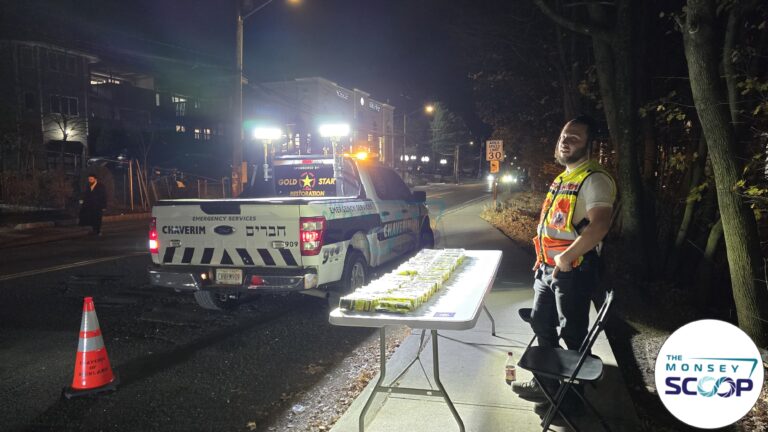 Less than a month after suing to clear the homeless camps off Cedar Bridge Avenue and Route 88, township officials have agreed to a compromise with advocates: the dozens of squatters can stay while local officials seek to establish a shelter for them, as long as the camps don’t grow in the meantime.
Less than a month after suing to clear the homeless camps off Cedar Bridge Avenue and Route 88, township officials have agreed to a compromise with advocates: the dozens of squatters can stay while local officials seek to establish a shelter for them, as long as the camps don’t grow in the meantime.
Jeffrey Wild, an attorney representing the homeless in the camps, today filed a consent order, signed by the township attorney, citing a “cooperation in solving the problem of homelessness in Ocean County through emergency shelter and other means.”
The court filing essentially puts the township’s complaint to evict on hold to allow time for officials and a coalition of 14 advocacy groups — bolstered by more than 100 professors and students at Georgian Court University — to start the first homeless shelter in the county.
“It’s the way things should’ve been moving for many years now,” Wild said by telephone. “It’s a breakthrough.”
How long the township will wait, however, is undetermined, according to township attorney Michael DiCicco. Mayor Steven Langert did not return calls and, through a spokesperson, declined to comment on a timeline, saying in a prepared statement: “Right now, we’re in court and I’m happy we’re able to work together rather than in an adversarial position, and hopefully this will be resolved.”
The homeless defendants have until Aug. 5 to respond to the township’s original June 28 complaint. That response likely will seek to have the court require that the county shoulder some of the responsibility for solving the dilemma posed by the camps.
Donna Flynn, a county spokeswoman, declined to comment on pending litigation but said, in general, the county would “certainly consider any viable project to help the needy and homeless,” including a shelter. County Freeholder Gerry Little, the liaison to the homeless, could not be reached for comment.
The consent order, to be delivered to State Superior Court Judge Vincent J. Grasso, postpones a court hearing on the eviction and joins the township and the advocacy coalition in pursuing three sequential goals to phase out the homeless camps: set up an emergency shelter, establish a permanent shelter and secure permanent housing for those on the streets or in the woods.
Where and how those shelters will be created has not been determined.
If the elements of the consent order fall through, the township’s original complaint will go forward and attorneys for the squatters likely will respond with a countersuit, according to lawyers involved.
(Source: APP)










